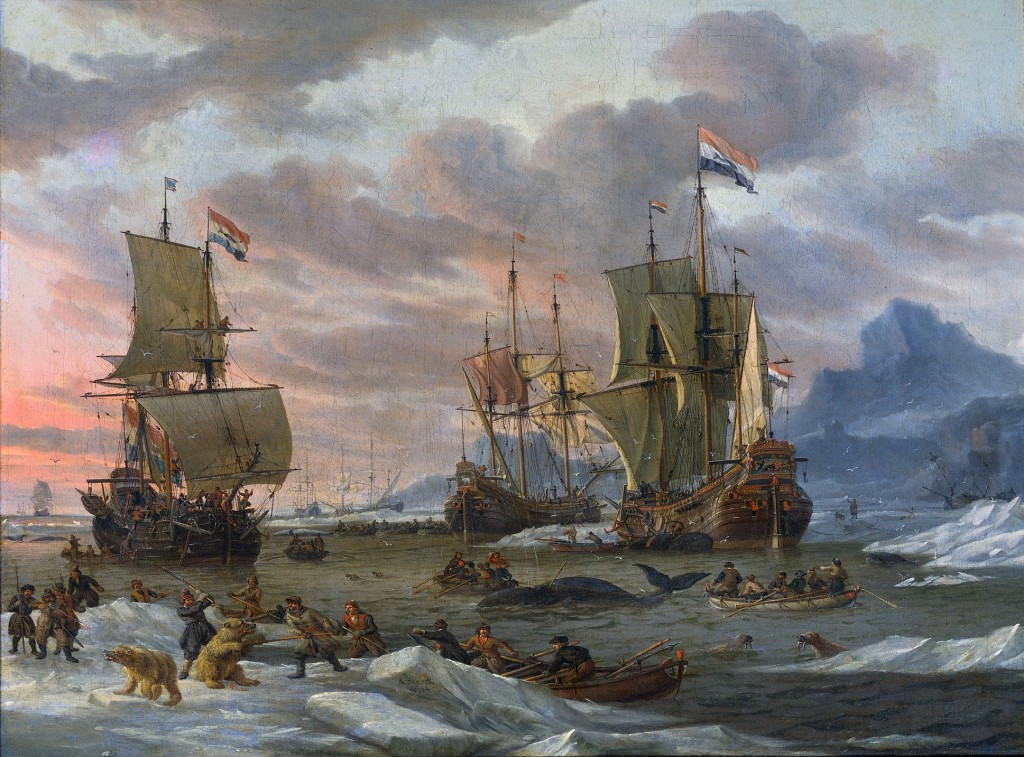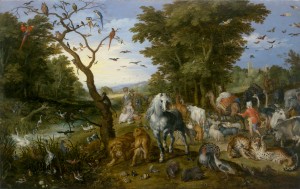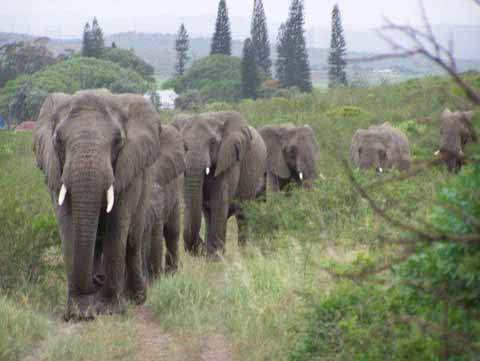It’s a pleasant surprise anytime I read a news story with good news.
So I was delighted yesterday to read an article in the New York Times (“Gaining in Years and Helping Others to Make Gains”) that highlighted the stories of the six winners of the Purpose Prize, an award given to Americans 60 years old and above who are making a positive impact on the world.
It’s an inspiring article worth reading just for its own sake and for thinking about as you and I consider what we will do with our experience and skills as we get older. Do we head to the beach and the golf course or do we invest as much energy and time as we can back to our communities as long as we can?
What struck me were the stories of two of the winners. Elements of their stories resonated with my growing conviction that Christianity needs a new reformation.
One of the winners is the Reverend Richard Joyner. He is 62 and the pastor of the Conetoe Baptist Church in a rural part of North Carolina. The Purpose Prize award is to recognize the impact of his founding of the Conetoe Family Life Center. Here’s a brief section of the article that describes the Center and its impact:
The center uses its 25-acre garden to improve the health of the congregation members and to increase the members’ high school graduation rates.
“It’s not easy getting people in the South away from fried chicken and sweet tea,” Pastor Joyner said.
In 2005, Pastor Joyner had faced too many funerals at his church of 300 congregants. In one year alone, 30 under the age of 32 had died. Most of the deaths were health-related, stemming from poor diet and no exercise, he said. His own sister and brother had died of heart attacks.
So he founded the center which offers after-school and summer camp programs for children 5 to 18. The youths plan, plant and reap the produce, which, in turn, they peddle at farmers’ markets, roadside stands and to local restaurants. They also maintain beehives to produce and supply honey to low-income neighbors. The income they earn goes to school supplies and scholarships.
Getting involved with farming was not easy for Pastor Joyner. “I was a sharecropper’s son, and we experienced a lot of racism,” he said. “I never wanted to ever have anything to do with farming.”
But that changed. “The eyes of the youth have helped me to see the land in a different perspective,” he said. “Land is the soul. Farming gives these youth, who are struggling, the power to grow something that impacts the health of their family.”
“As healthy eating and exercise have become routine, people in the community have lost weight, emergency room visits for primary health care have dropped by 40 percent, and the number of deaths have dwindled. The youth are enrolling in college and finding jobs.”
What does this story tell us about the relationship between our love for our neighbor and how we care for the land and raise food?
And think about this from another angle – could Pastor Joyner have continued in good faith to preach salvation from the pulpit while ignoring the health problems of his congregants and community members? Could he have ignored the connection between what is done with the land and the food that comes from the land with the health of people around him?
Being completely filled with filled with God’s love compels us to treat God’s earth with love and patience and self-control. This, in turns, requires us to raise food differently and eat differently. And that, in turn, gives us abundant life, both physically and socially.
This awareness needs to be an essential element of what Christians are aware of and what our hearts are full of. This needs to be an essential element of how we as Christians live.
One of other Purpose Prize winners is 76-year old Charles Irvin Fletcher. This former microwave systems engineer has long been interested in the potential healing value of equine therapy for children with disabilities. To implement the insights he had about how the therapy should be done, he established SpiritHorse International in Corinth, Texas in 2001. Here’s what the article describes:
His ranch is now home to 31 horses and ponies, and is the headquarters for a worldwide network of 91 licensed therapeutic riding centers that serve children with disabilities in the United States, South America, Africa, and Europe.
At Mr. Fletcher’s ranch in Corinth, roughly 400 children with disabilities, some as young as nine months, receive free weekly riding sessions on ponies with names like Buttercup and Peter Pan. The riders have a variety of medical conditions, including autism, Down syndrome, cerebral palsy, multiple sclerosis and spina bifida.
More than 5,000 children have been helped through the network since the gates opened.
“I believe that horses can feel spiritual messages,” Mr. Fletch said. “They can feel love. They can feel gratitude. They can feel approval, and they transmit those very simple feelings to the children.”
He added, “The reason this therapy works so well is that children with disabilities also have a very open spirit, and the horses sense it.”
Is there anything in conventional Christian theology and instruction that would prepare us for this? Is there anything we hear in church that would remind us that we share an amazing world with amazing creatures with spirits of their own?
What adds an interesting dimension to this story is that Charles Fletcher is all about science. He is an engineer by training. His unique approach to equine healing is based on his commitment to science and measurable outcomes. Yet, he matter-of-factly points to the spiritual connection between horses and people as one of the fundamental reasons why equine therapy works.
This world and its creatures are, I am convinced, part of God’s story.
And an important, irrevocable part of our right place in the world is to be the shepherds of God’s earth even to the point of service and sacrifice. That service and sacrifice is to be part of our story.
But too often it isn’t, and we miss opportunities to bring life and healing and beauty into this world and in doing so to honor God. And in part this is because the Church has a very large blind spot when it comes to how we think about God’s earth.
Now more than ever that must change.







